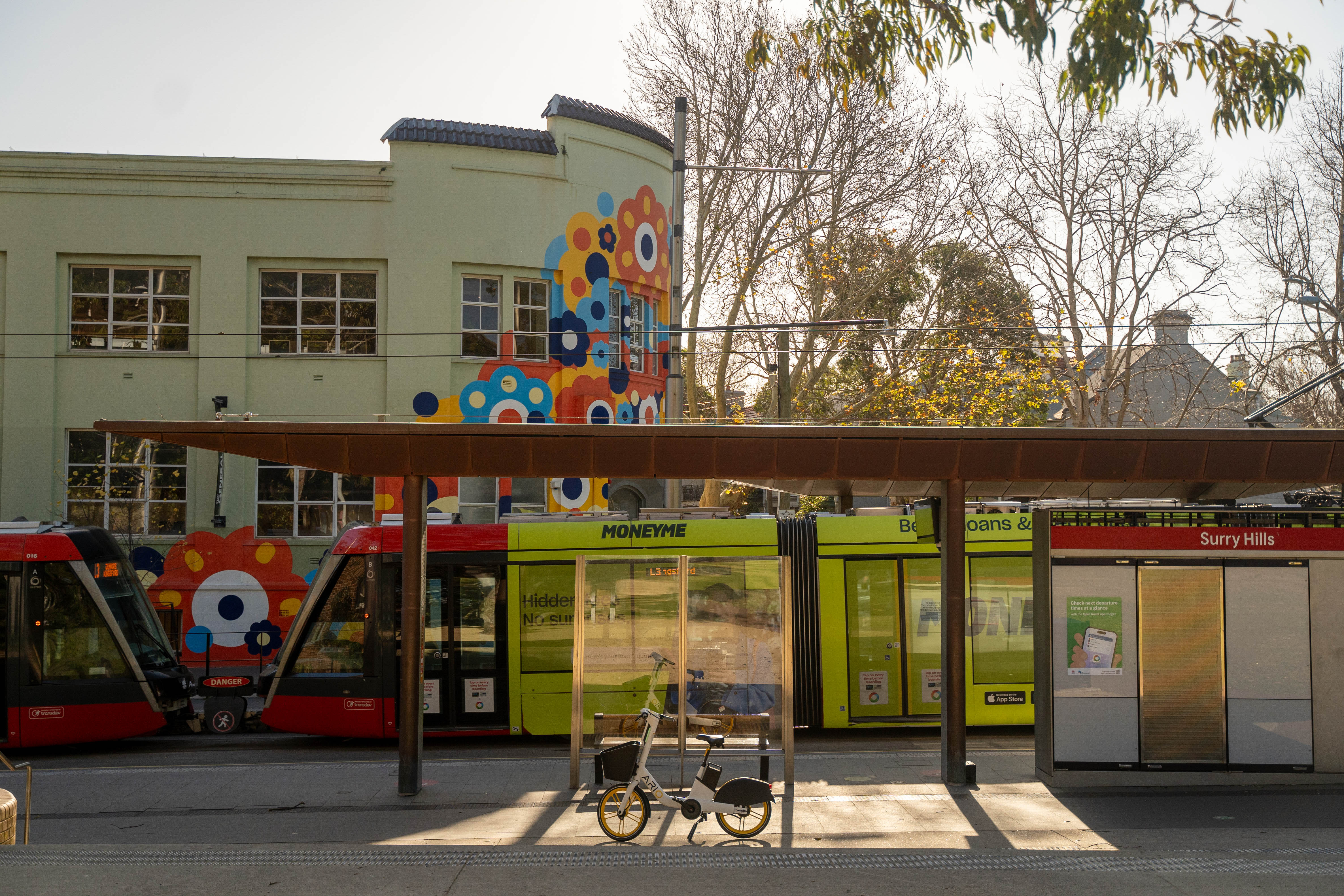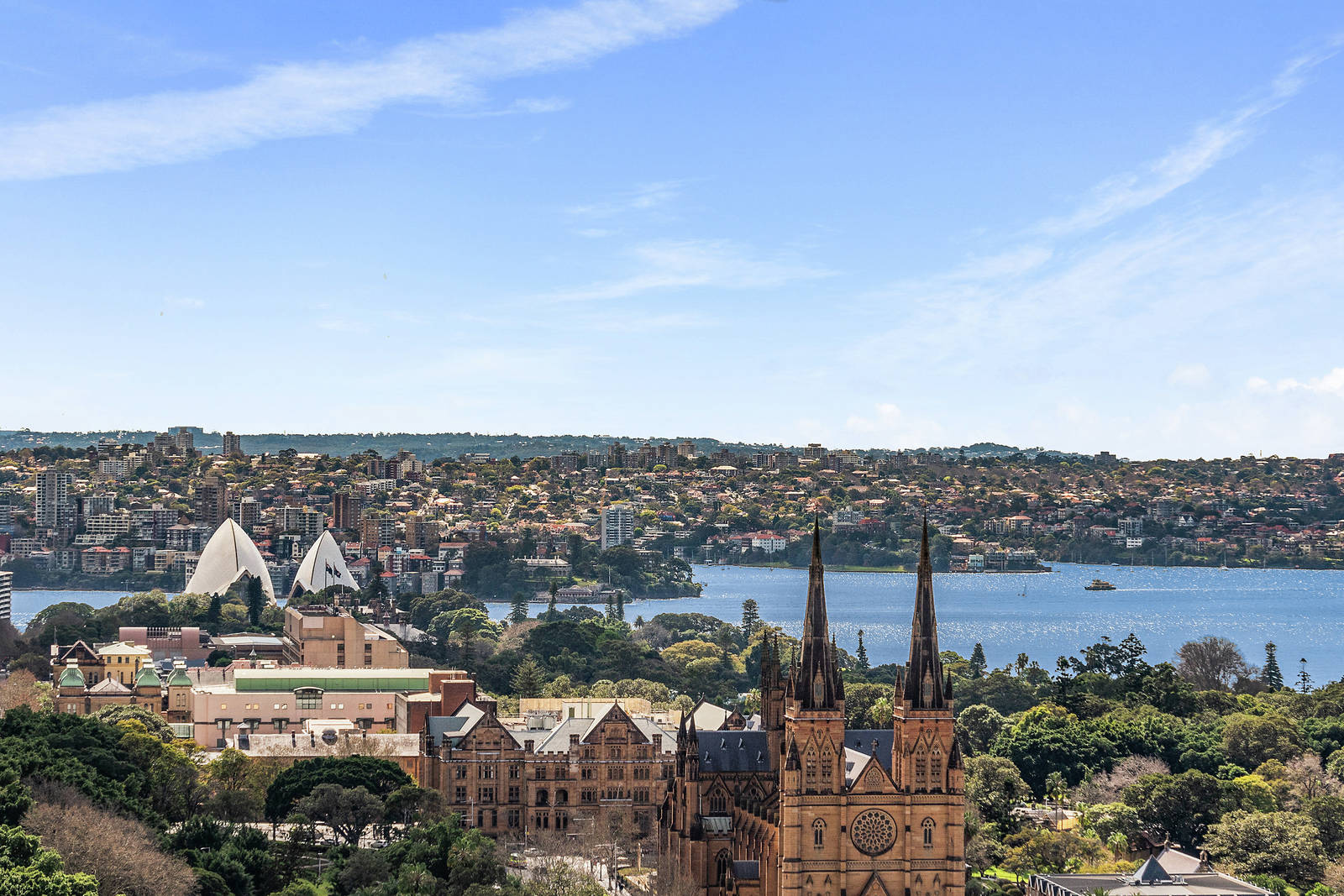As the COVID-19 pandemic swept across the globe, it left no stone unturned, impacting even the most established real estate markets. In Sydney CBD, where vibrancy and density were once prized attributes, the pandemic activated shifts in behaviour that have reshaped the real estate landscape.
Here are some of the impacts we’ve noticed:
Hybrid Work and Office Vacancies
The remote work revolution was one of the most significant changes to Sydney's real estate market. The pandemic necessitated adopting remote work, with companies quickly adapting to allow employees to work from home. This shift had profound implications for not only the demand for office spaces in Sydney's Central Business District (CBD) but also the businesses within the city. With remote work becoming a new norm, businesses began reassessing their need for large office spaces, leading to increased office vacancies.
Housing Preferences
The pandemic emphasized the importance of comfortable and functional living spaces. As people spent more time at home, the desire for larger properties with dedicated home offices and outdoor areas grew significantly. This translated into increased demand for houses with spacious backyards and balconies in Sydney, particularly in suburban areas. Conversely, high-rise apartments in Sydney's CBD experienced declining demand, with shared amenities like gyms and pools becoming less attractive due to health concerns. We have seen the need for apartments return in Sydney, with health concerns becoming less problematic for buyers; some recent predictions by CoreLogic even suggest that a unit shortage looms over Australia’s housing market.
Urban Exodus and Regional Resurgence
As remote work and lifestyle flexibility became prevalent, Sydney witnessed a trend of residents leaving the densely populated urban core in search of regional and suburban living. This "tree-change" trend increased demand for regional properties and temporarily impacted Sydney's rental market. Suburban and regional areas saw surges in demand and property prices as city dwellers sought more space and a slower pace of life.
Government Interventions
The Australian government introduced stimulus measures to support the economy during the pandemic, including financial support for businesses and individuals. In addition, policies like the HomeBuilder scheme, which provided grants for property renovations and construction, stimulated the housing market.
Sydney's Real Estate Market After COVID-19
Looking ahead, Sydney's real estate market continues to evolve. Remote work is expected to remain a significant factor, with companies adopting hybrid work models. Sydney's CBD will likely adapt to the changing landscape, possibly repurposing office spaces for alternative uses. Housing preferences are expected to drive renovations and improvements as homeowners invest in making their properties more conducive to remote work and leisure.
The COVID-19 pandemic has left an indelible mark on Sydney's real estate market. The changes in workplace dynamics, housing preferences, and the appeal of regional living have reshaped Sydney's real estate landscape. Sydney's real estate market has proven its adaptability and resilience. As it moves forward, it will evolve to meet the changing needs of residents and investors in this ever-transforming world.
What is the solution?
According to a recent report by McKinsey Global Institute, the COVID-19 pandemic triggered significant behavioural changes in the use of real estate in major global cities, termed "superstar cities", including London, New York and San Francisco. Hybrid work has become a permanent fixture, stabilizing office attendance 30 per cent below pre-pandemic levels. Similarly to Sydney, this shift has had ripple effects, with residents leaving urban cores, leading to increased vacancy rates and decreased foot traffic in retail stores.
Demand for office and retail space in these superstar cities is projected to remain below pre-pandemic levels, with potential drops of 13 per cent in a moderate scenario and 38 per cent in the worst-affected cities by 2030. Real estate demand varies by neighbourhood and city, with densely office-oriented areas, expensive housing, and knowledge-based employers likely facing lower demand.
Superstar cities are grappling with the challenges of hybrid work, leading to increased vacancies and less appeal. To thrive in this new reality, McKinsey identified that urban stakeholders should embrace hybrid approaches.
Mixed-use neighbourhoods, combining office, residential, and retail spaces, have proven resilient during the pandemic. But redeveloping areas requires collaboration among governments, investors, and developers.
Further, they argue that suburbs could benefit from multifamily housing to accommodate urbanites seeking larger homes, improve energy efficiency, and ease housing shortages.
Creating adaptable structures, including universal "neutral-use" buildings, at the building level can cater to shifting preferences and shorter commercial leases. They suggest that developers consider converting offices into housing, hotels, or schools, providing more growth opportunities for commercial outlets.
McKinsey also suggests retail spaces should prioritize adaptability, offering omnichannel experiences and experiential retail to draw foot traffic.
At the floor level, they suggest that offices could be transformed into magnetic, modular spaces, while retailers can cater to various uses. The future may see more "hybrid floors" with offices, residences, and stores coexisting, revitalizing superstar cities for a dynamic future.
We are for apartments.
If you are considering buying, selling, leasing or property management in Barangaroo, Sydney City, Millers Point, Circular Quay, Pyrmont or surrounds, we would love to help you. Ayre Real Estate specialises in apartment living and ready to help find your ideal property. Talk with us today to find out more.
Drop us a line...
Whatever your real estate needs, please contact us - we would love to help!




